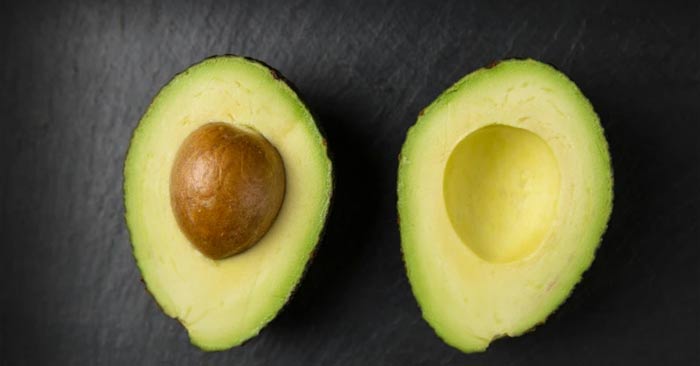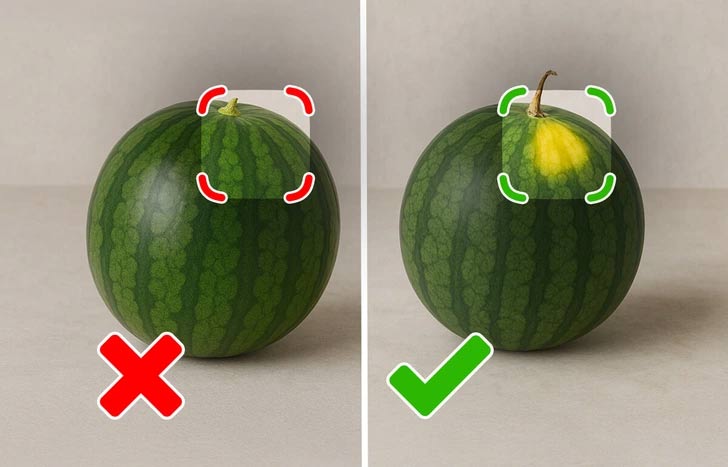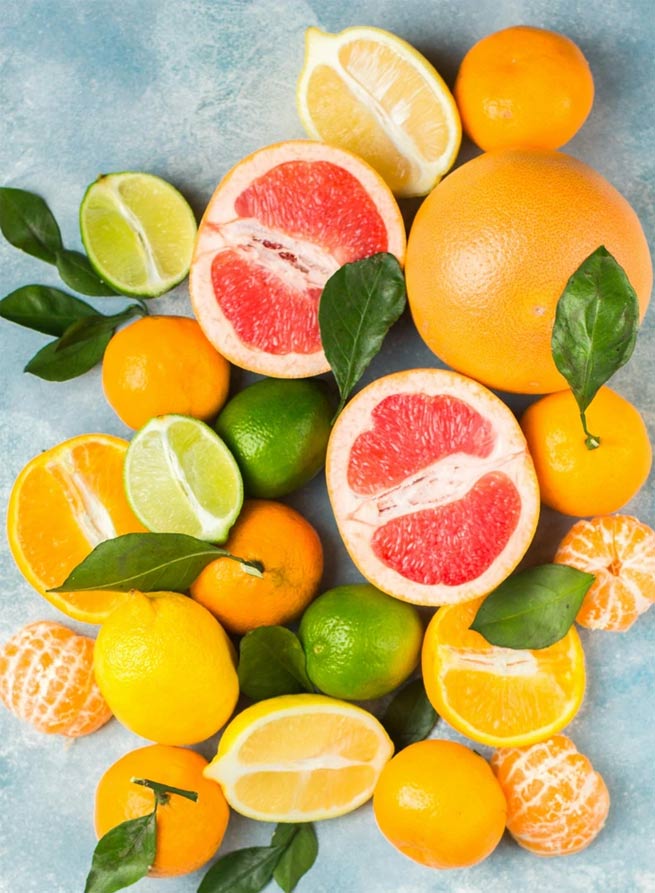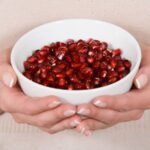How to Tell if Fruit is Ripe: A Guide to Selecting Naturally Sweet and Juicy Fruits for Everyone
Are you tired of guessing whether your avocado is ripe or not? You’re not alone. Selecting naturally ripe fruits doesn’t have to be a challenge. Here’s a comprehensive guide to help you out.
Tips for Choosing Ripe and Delicious Fruits
How to Choose Ripe Avocados

Avocados are a delicious and nutritious fruit, but finding the perfect one at the store can be tricky. They ripen quickly, and it’s not always easy to tell which ones are ready to eat and which ones need more time.
Look for avocados that are slightly soft when gently pressed and vary in size, shape, and color—from green to black. Brown spots on the skin don’t affect the quality. Ripe avocados usually have darker skin and will yield to gentle pressure. You can also buy firmer, greener avocados and let them ripen at home.
How to Choose Ripe Bananas
Bananas are a popular snack—sweet, convenient, and energy-packed. But finding perfectly ripe bananas at the store can sometimes feel like a guessing game.
Select bananas that are firm, free of bruises, and have a mix of green and yellow skin. If needed, you can ripen bananas at room temperature. Fully yellow bananas are ripe, but they’re usually at their best when the first brown spots appear. If you want your bananas to last a few more days, choose greener ones and let them ripen at home.
Picking the Perfect Watermelon

Watermelons are a refreshing treat, but choosing one that’s ripe and juicy can be a mystery. With so many shapes, sizes, and varieties, it’s easy to get overwhelmed.
Look for watermelons with a symmetrical shape and a dull exterior—cream-colored on the underside for watermelons. A ripe watermelon should feel heavy for its size, have a dull sound when thumped, and have a slightly yellowish underside. Shiny watermelons may not be fully ripe. Honeydew melons should have a sweet scent and a consistent web-like appearance on the outside.
Tips for Selecting Juicy Peaches
Buying peaches can be tricky; sometimes, they look perfect but are hard, tasteless, or overripe. Choose peaches with rich color and a sweet fragrance. They should feel firm yet slightly soft when gently pressed. Avoid any with bruises or wrinkled skin, as these are signs of decay or dehydration.
For peaches with pits, look for firm fruits with a slight give. Softer peaches tend to be juicier and sweeter. Let them ripen before refrigerating. A deeper color, especially around the stem, indicates ripeness.
How to Know if Oranges are Ripe

Citrus fruits like oranges and kiwis are packed with flavor and vitamin C, but knowing when they’re ripe can be tricky if you’re not sure what to look for. The secret usually lies in their aroma and feel.
A ripe citrus fruit will have a strong, pleasant aroma. Smell near the stem or gently scratch the skin to test for sweetness or tartness. Firmer fruits with bright, smooth skin tend to be the juiciest and most flavorful.
Choosing Crisp and Tasty Apples
Apples are a year-round favorite—crisp, juicy, and perfect for snacking or baking.
Select apples that feel heavy for their size and are firm to the touch. The skin should have a natural shine without any bruises or marks. Look for bright colors, and check that the apple’s stem is intact—this helps the apple stay fresh longer. A ripe apple will have a sweet, pleasant aroma. If it has an odd smell or wrinkled skin, or if there are soft spots or liquid leaking, it has likely passed its prime. When picking apples from a tree, remember that the outermost apples ripen first, and gently twisting them helps preserve their freshness.
Selecting the Freshest Cherries
Cherries are a sweet summer treat, but choosing the ripest, juiciest ones can be challenging due to variations in color and size among different varieties. However, there are some telltale signs to look for.
8 Superfoods to Eat for Brighter Eyes and a Glowing Complexion
Spinach is a nutritional powerhouse, packed with an impressive array of vitamins and minerals. It is an excellent source of calcium, chloride, iron, magnesium, manganese, potassium, and vitamins A, C, E, K, B6, and B9 (folate). Spinach also contains a good amount of choline and riboflavin. This leafy green vegetable is a true superfood, offering an abundance of health benefits for your body and skin.



































